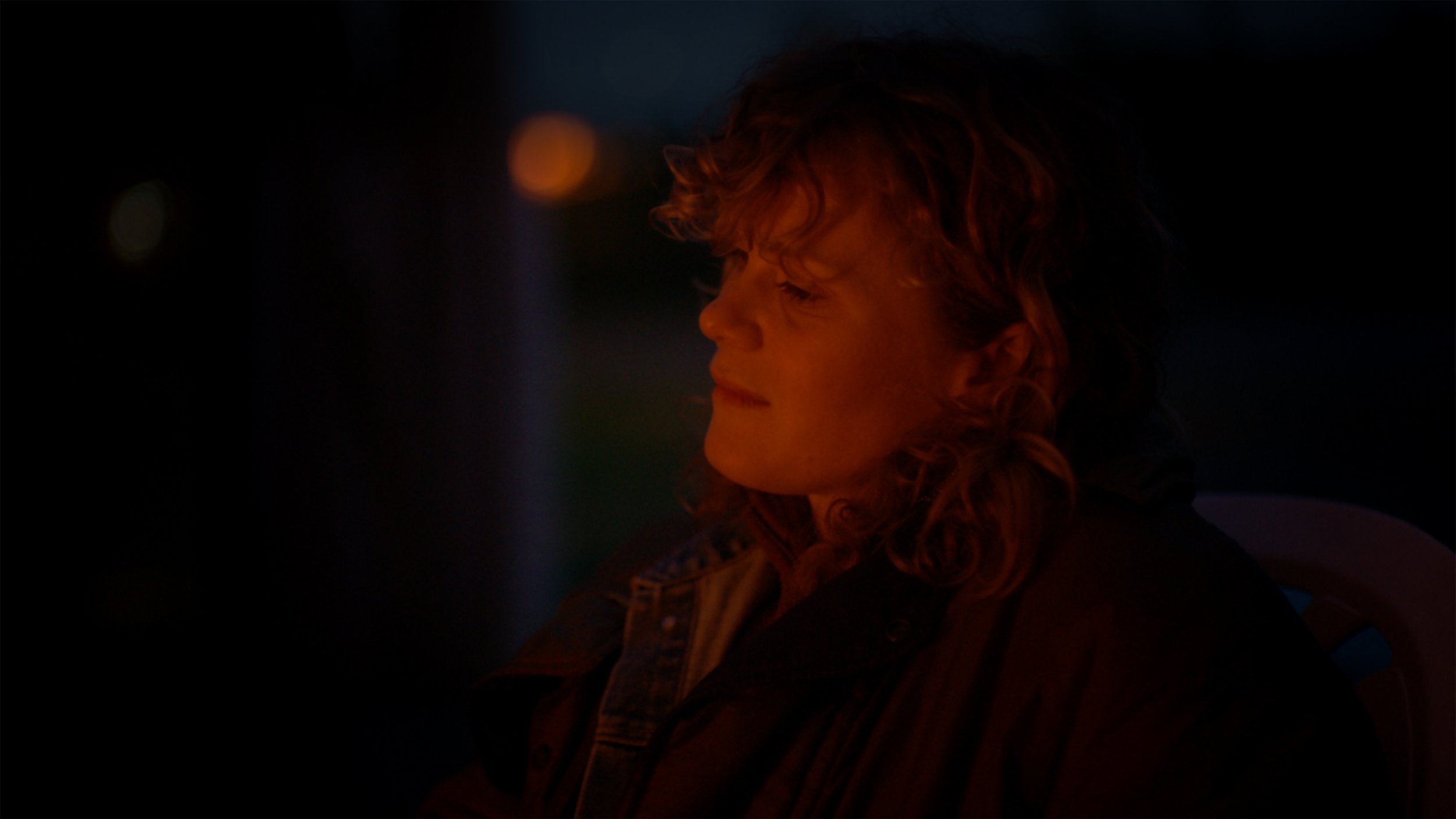MASCHA

SHORT FILM
2024 ✷ 15 MIN
DIGITAL | GER W/ ENG ST | 1:1,85 | DOLBY DIGITAL 5.1.
DIRECTOR
Laura Engelhardt
DIRECTOR OF PHOTOGRAPHY
Linda Schefferski
✷
Mascha has no permanent home and has been living in her car. But when she loses it one day, she’s forced to search for a safe place to spend the night in the city.
✷
-
MASCHA
Lea Willkowsky
WOMAN AT THE PETROL STATION
Trésor Minla'a
MAN AT THE TRAILER
Sascha Kreuter
PEOPLE AT THE LAUNDERETTE
Neele Nickel
Barbara Perau
DOG
Diego
ANSWERING MACHINE
Johanna Janssen with Lilith and Anton
-
DIRECTOR, WRITER & EDITOR
Laura Engelhardt
PRODUCERS
Florian Dedek
Laura Engelhardt
ASSISTANT DIRECTORS
Johanna Pigors
Neele Nickel
DIRECTOR OF PHOTOGRAPHY
Linda Schefferski
PRODUCTION DESIGNER
Renate Mihatsch
COMPOSER
Akiko Ahrendt
COSTUME DESIGNER
Johanna Pigors
PRODUCTION SOUND MIXER
Lisa Domin-Alouane
SOUND DESIGNER
Janis Ahnert
SOUND MIXER
Tom Vermaaten
ASSISTANT CAMERA
Zoe Wrede
UNIT MANAGER
Florian Dedek
COLOURIST
Ewald Hentze
PRODUCTION ASSISTANT
Martina Domke
CATERING
Barbara Perau
Joachim Römer
Nina Gschlößl
PROJECT ORGANIZATION
Petra Clemens
Kasia Paczesniowska-Renner
2025
Filmfestival Max Ophüls Preis [DE]
SHORT FILM COMPETITION
2024
SHOOT AWARD – ACADEMY OF MEDIA ARTS COLOGNE AND INTERNATIONAL WOMEN’S FILM FEST [DE]
JURY STATEMENT
“Laura Engelhardt has created an intense film with Mascha about a self-determined young woman that lingers in the mind and encourages reflection on societal injustices without losing sight of humanity. Her latest work is a prime example of cinematic storytelling: story and form are skillfully combined with a remarkable sense of timing and rhythm.
Mascha carries only the essentials in its narrative luggage. Every shot is carefully considered and perfectly conceived. Dialogue is kept to a minimum, and the economical storytelling relies on the visual language of film. The film's compression and conciseness imbue it with a timeless quality. Engelhardt presents a minimalist drama, exploring a state of crisis that significantly restricts the protagonist’s options.
Yet, despite all the hardships, the protagonist is no victim. Her decisions are grounded in intelligence, self-determination, and independence. She is portrayed as strong, dignified, and unpretentious. The way Mascha responds to economic hardship and her precarious situation—with composure and pragmatism—drives the narrative forward.
The film cleverly employs documentary techniques within its fictional framework. Its sensitive and realistic depiction of a pressing societal issue enhances the film's authenticity and impact.”
The jury consisted of Conny Beissler (cinematographer), Elke Kania (film scholar) and Nicole Rebmann (curator)






